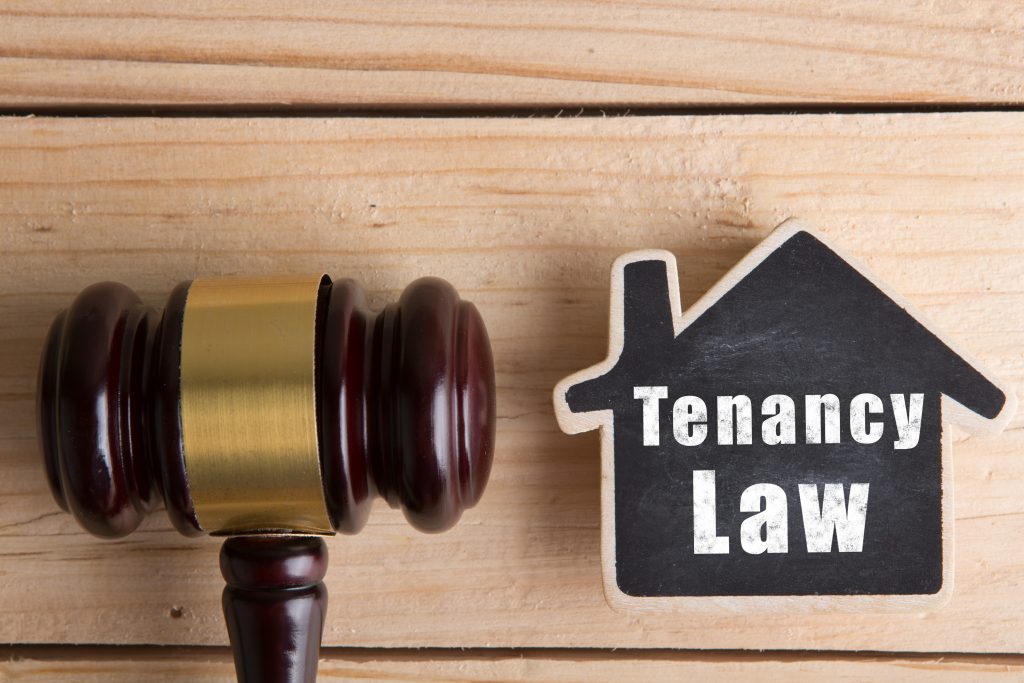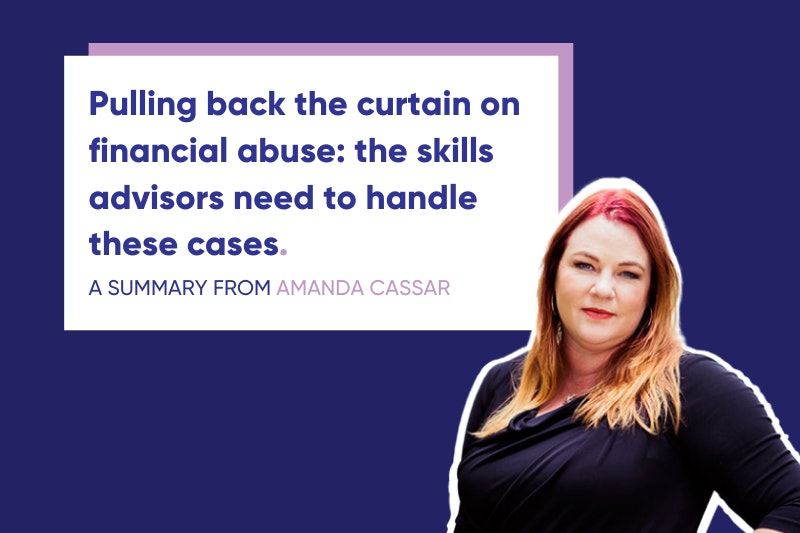Do you know how to protect yourself against scams?
The onset of COVID has propelled social media and marketing to an all-time necessity and has resulted in increased predatory scams and virtual hacking, putting people at risk more than ever before.
Here are some suggestions…
Check to see if your email is legit by having a few checklist items that you go through. This can protect you against online scams and include:
- Avoid clicking on hyperlinks in text messages or social media posts, even if they appear to come from a trusted source.
- Never respond to any unsolicited messages or phone calls where they request personal or financial details. Press delete or hang up, no need to be polite. Scammers prey on people who are too nice to say ‘no’.
- Never provide a stranger remote access to your computer, even if they claim to be from a company such as Telstra or the NBN.
- Don’t be afraid to tell them that now isn’t a good time to talk. Do your due diligence. Go away to verify the legitimacy of a contact. Research them through an independent source such as a phone book, past bill or online search. Most companies will log the call in their computer system. So, when you ring them to verify their legitimacy, they should be able to check their records and see if anyone has called you.
- Keep personal devices and details secure by having a pin code to access and using strong passwords.
- Keep devices and computers up-to-date, with appropriate anti-virus software.
- Review your privacy and security settings on social media for both your personal and business pages.
- Use Two Factor Authentication wherever it is offered.
If you recognise suspicious behaviour, click on spam or have been scammed online, take steps to secure your account and be sure to report it.
Beware of superannuation scams
The early access to superannuation that the Government offered due to COVID opened new opportunities for deception and scams. People are attempting to steal Superannuation by offering unnecessary services whilst charging a fee. These schemes are illegal and heavy penaliies apply.
Most of these scams start by receiving an unexpected call claiming to be from a superannuation company or financial services firm.
- Never provide information about your superannuation to someone who has contacted you. This includes offers to help you access your superannuation early under the government’s new arrangements.
- Ask for the callers contact details, hang-up and then call the relevant organisation directly. Search for their details through an independent source such as a past bill or online search.
- Phone back and confirm with the agent that answers the call that they did call you with a genuine offer for assistance.
- For more information on superannuation scams visit ASIC’s MoneySmart website.
Once your checklists have been completed, be sure to share it with your family or the staff in your office. Place it somewhere visible in your home or office as a constant reminder.
If you’d like a second opinion on whether something is legitimate or a scam, reach out to your Wealth Planning Partners advisers at Robina.




 January 18, 2025
January 18, 2025 




















